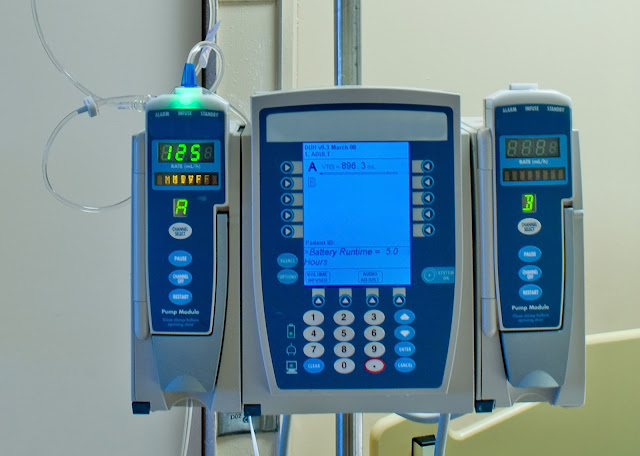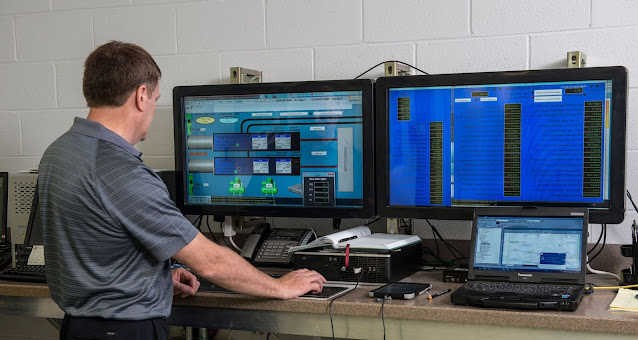Medical Sensors Can Save A Patient's Life By Continuously Monitoring The Patient's Health
 |
| Medical Sensors |
Medical Sensors can monitor vital signs such as heart rate,
blood pressure, respiratory rate, and oxygen saturation in real-time. By
continuously monitoring these parameters, sensors can detect abnormalities or
signs of deterioration early on, allowing healthcare providers to intervene
promptly and prevent critical situations. Sensors are designed to generate
alerts and alarms when a patient's vital signs deviate from normal ranges.
These notifications help healthcare professionals identify emergencies or
critical conditions promptly, enabling them to take immediate action and
potentially save a patient's life. In intensive care units (ICUs) and critical
care settings, sensors are essential for continuous monitoring of patients.
They provide vital information about a patient's condition, allowing healthcare
providers to make informed decisions about treatment options and interventions.
With advancements in technology, Medical
Sensors enable remote patient monitoring, allowing healthcare
professionals to monitor patients' health outside of traditional healthcare
settings. This is particularly beneficial for patients with chronic illnesses
or those recovering from surgery, as it enables early detection of
complications and reduces the need for frequent hospital visits. Sensors
contribute to the field of personalized medicine by providing real-time data on
a patient's health status. This information helps healthcare providers tailor
treatment plans and medications according to individual needs, optimizing
patient care and potentially improving outcomes. It can be used for long-term
health monitoring, particularly in patients with chronic conditions such as
diabetes, cardiovascular diseases, or respiratory disorders.
According To Coherent Market Insights The
Medical Sensors Market Is Anticipated To Reach A Value Of US$ 20,545.0 Million
In 2022 And Is Projected To Grow At A CAGR Of 10.1% From 2022 To 2030.
By continuously tracking relevant parameters, sensors empower
patients to manage their health effectively and make informed decisions about
their lifestyle and treatment choices. Wearable Medical
Sensors, such as smartwatches and fitness trackers, are becoming more
advanced and sophisticated. They can monitor vital signs, track physical
activity, measure sleep patterns, and provide real-time health feedback. These
devices have the potential to revolutionize personal health management and
empower individuals to make informed lifestyle choices. Medical sensor
complement telemedicine by providing objective health data during virtual
consultations. Healthcare professionals can remotely assess patients' health
conditions and make accurate diagnoses based on real-time sensor data,
enhancing the quality and effectiveness of telehealth services.
Medical sensors play a crucial role in precision medicine,
where treatments are tailored to individual patients based on their unique
characteristics and needs. By providing real-time data on patients' physiological
parameters, medical sensor contribute to the development of personalized
treatment strategies and therapeutic monitoring. The future of healthcare with sensors
is promising, with enhanced preventive care, remote monitoring capabilities,
integration with telemedicine, data-driven decision-making, and improved
patient outcomes. As technology continues to advance, medical sensor will play
an increasingly pivotal role in transforming healthcare delivery and empowering
individuals to take control of their health and well-being.
You Can Also Read Press Release Https://Www.Coherentmarketinsights.Com/Press-Release/Medical-Sensors-Market-3376



Comments
Post a Comment